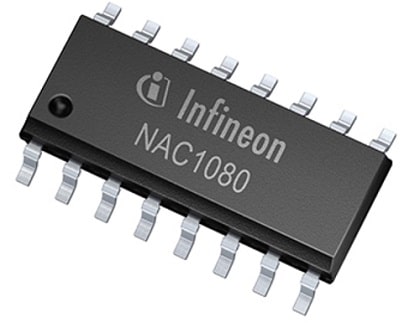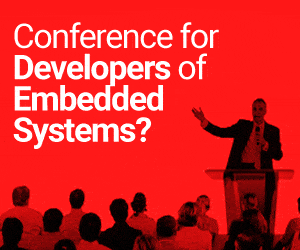Infineon has announced NAC1080, an NFC actuation controller with an integrated half-bridge and energy harvesting modules. The low-cost solution can enable the cost-effective development of passive smart actuators like passive locks. The controller is powered by an ARM Cortex M0 microcontroller with an integrated NFC front end, motor driver and a sensing unit which speeds up the development of smart actuation devices with minimum system BOM requirements. The NAC1080 includes hardware security functions such as the secure area in flash, 128-bit AES accelerator and true random generator and can be controlled directly by smartphones.

In order to enhance convenience, the security system and even the door locks are getting smarter. The global smart lock market is expanding at an astounding rate, reaching a market value of 1.38 Billion USD in 2020. In order to simplify the designing of a smart lock, Infineon has released the NAC1080. With integrated H-Bridge and energy harvesting modules, a smart actuator can be implemented in a single-chip solution with minimum components required.
According to the company, the flexible IC architecture and the smart partitioning between hardware and software enable customers to maximize the utilization of software-defined functions. The NFC interface enables the device to be controlled directly by smartphones. Advanced local and cloud functions can be extended within the mobile app offered by regional marketing partners. This reduces the bill of material and supports miniaturized product design. NAC1080 supports various operation modes and can be powered either in passive mode by the NFC field with the energy harvested from the mobile phone, or through a battery supply in active mode
Besides the passive NFC lock application, NAC1080 can also be used as an emergency backup power supply application. Active lock systems, for example, depend on battery power. If they are discharged, the NFC interface IC for electronic devices can power the door lock. Since the electric power is transmitted via NFC, this use case may take longer than in passive mode.






